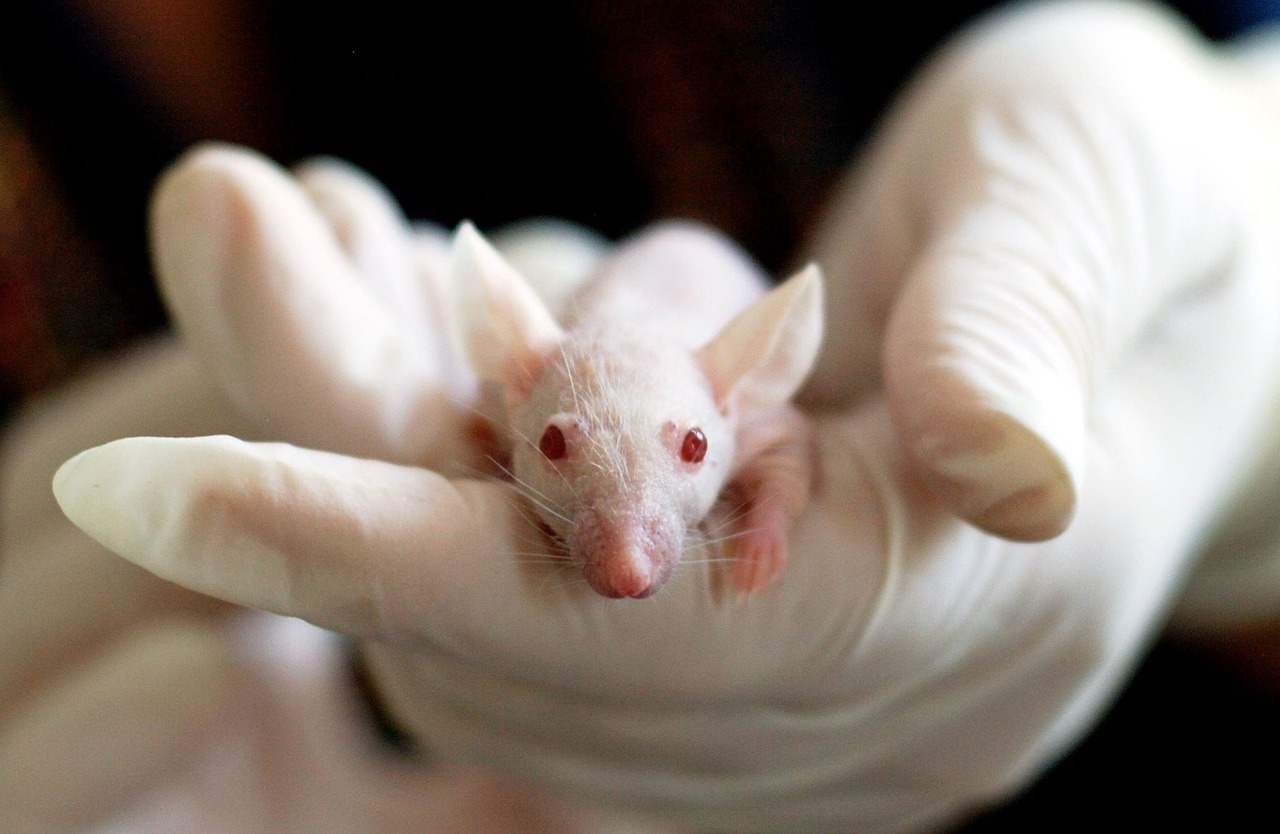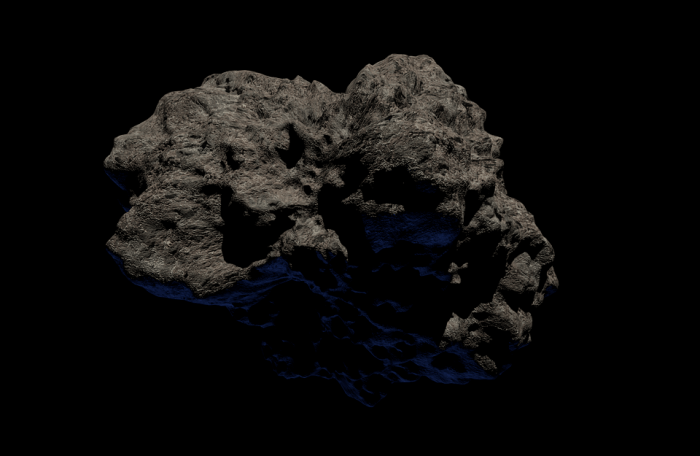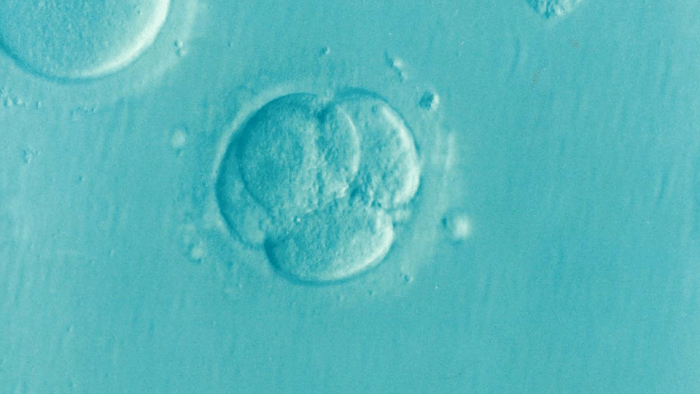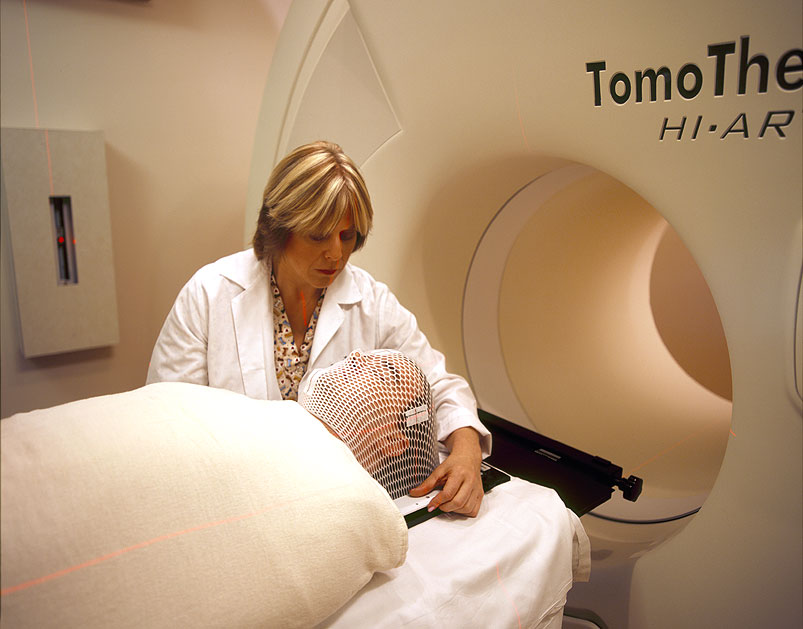How Math Can Help Us Build Better Drugs

Every one of our bodies contains trillions of cells, each of which plays a specific role to ensure our physiology remains stable, a state called…
Read more

Every one of our bodies contains trillions of cells, each of which plays a specific role to ensure our physiology remains stable, a state called…
Read more

The ability of animals to sense the Earth’s magnetic field for spatial behaviors such as navigation and orientation is well-established. For example, the use of…
Read more

During winter in the Northern Hemisphere, about one-third of Earth’s land surface is covered by snow. However, as a response to the intense global warming,…
Read more

Clouds are not located at the same altitude everywhere in Venus’ atmosphere. They are 10km lower at the poles than at the equator. This altitude…
Read more

Our solar system contains a myriad of bodies with sizes ranging from a few meters to hundreds of kilometers. We call them asteroids. The most numerous…
Read more

During the first stages of pregnancy, as the embryo travels down the fallopian tube it begins to transform from a loose cluster of cells into…
Read more

In the past few decades, the rapid consumption of non-renewable fossil fuels has caused significant environmental and social problems on a global scale. Renewable energy…
Read more

The moon is considered to have experienced a magma ocean, with whole-body melting. Differentiation and crystallization of the melt formed today’s crustal Moon. Major elemental…
Read more

In 1971, President Richard Nixon declared a war on cancer (though with the Vietnam war still ongoing, he never actually used that phrase, calling for…
Read more

The golden era of electric mobility may be upon us. In 2016, ~160,000 plug-in electric vehicles were sold in the US. To further achieve wide…
Read more

The gravitational field outside a planet, a moon, an asteroid, or a comet is crucial for determining that body’s mass, density, and some details of…
Read more